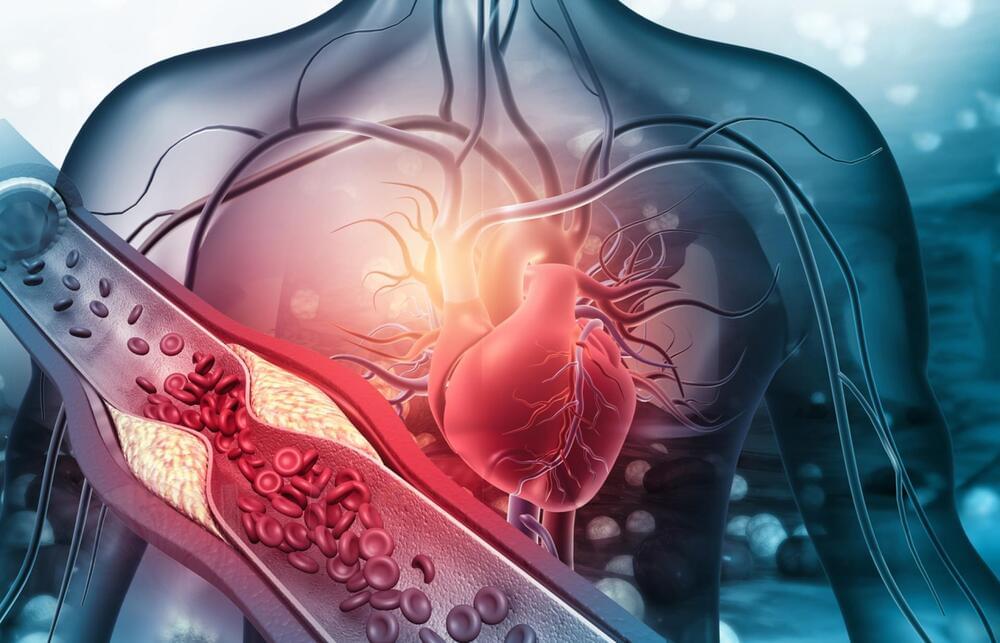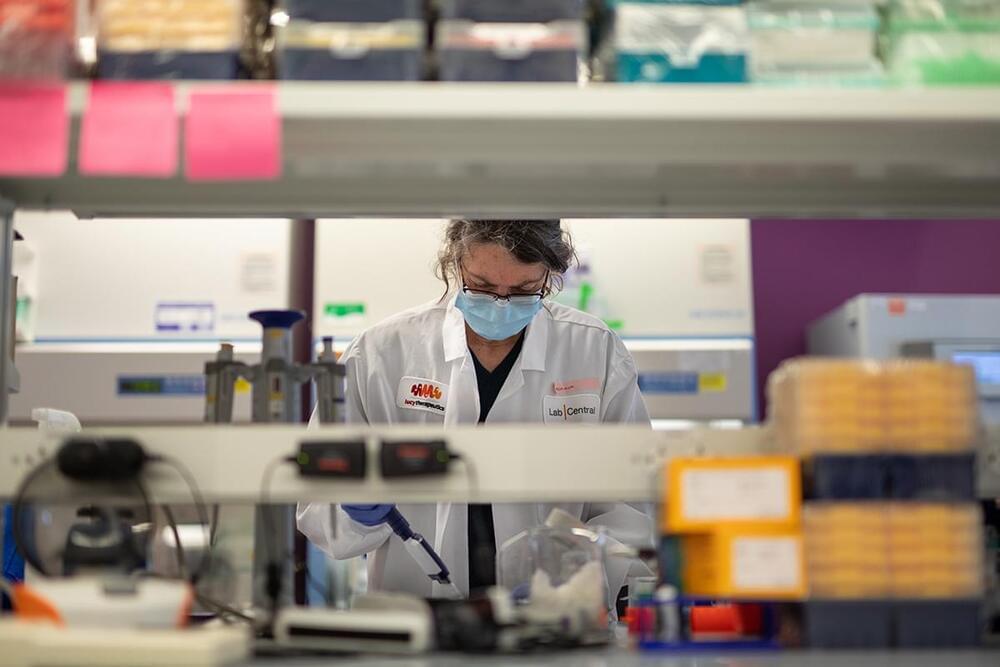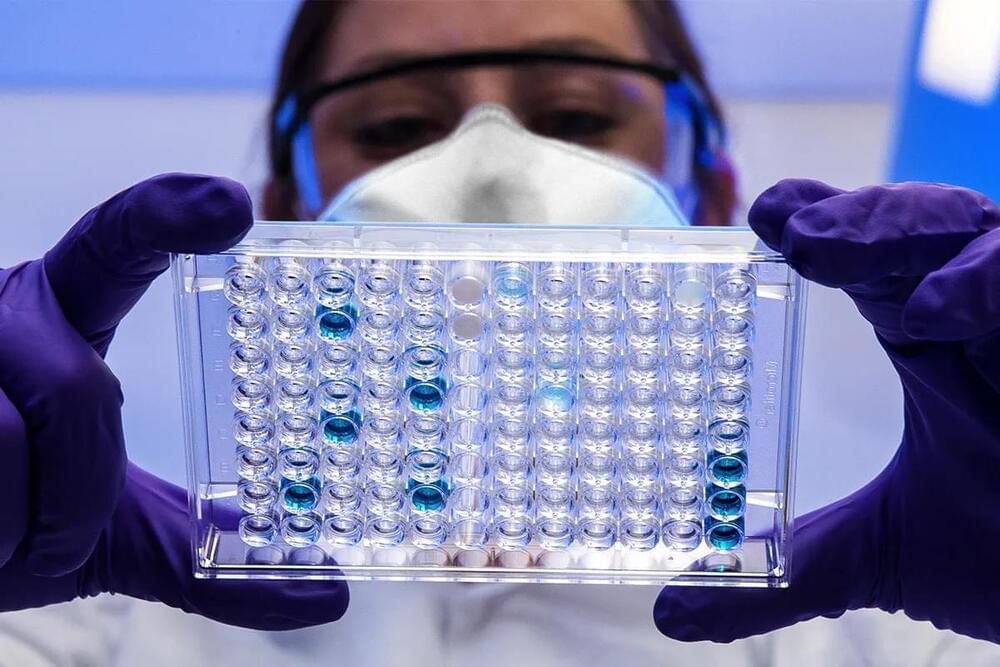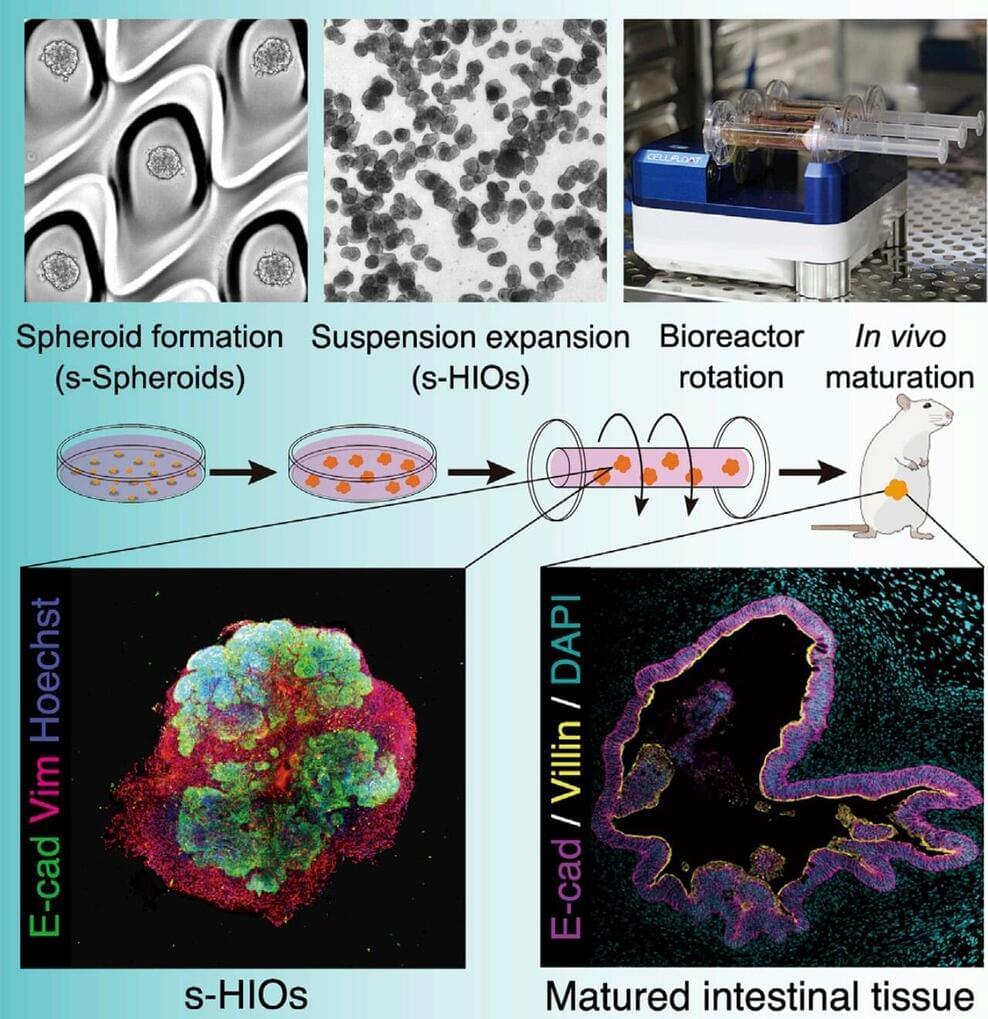Researchers use the device to study heart attacks and hope to test new heart medications.
Researchers have developed a device that can mimic aspects of a heart attack with hopes of using the device to test and develop novel heart medications. The research team, from the University of Southern California Alfred E. Mann Department of Biomedical Engineering in the U.S., created the tool, which they call a “heart attack on a chip.”
The study was published in the journal Science Advances.
Understanding a heart attack through simulation
The device can simulate key components of a heart attack, also called a myocardial infarction, in a practical, structured system. Researchers hope it will one day serve as a place to test for new heart drugs.
“This enables us to more clearly understand how the heart is changing after a heart attack. From there, we and others can develop and test drugs that will be most effective for limiting the further degradation of heart tissue that can occur after a heart attack,” said Megan McCain, an associate professor of biomedical engineering and stem cell biology and regenerative medicine. She also developed the device with postdoctoral researcher Megan Rexius-Hall.




